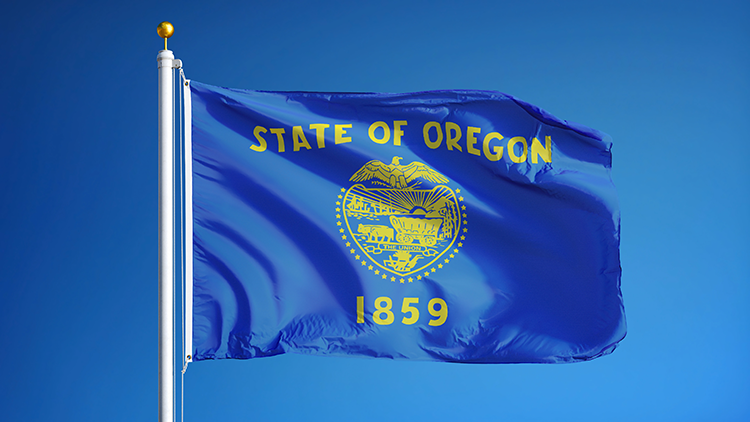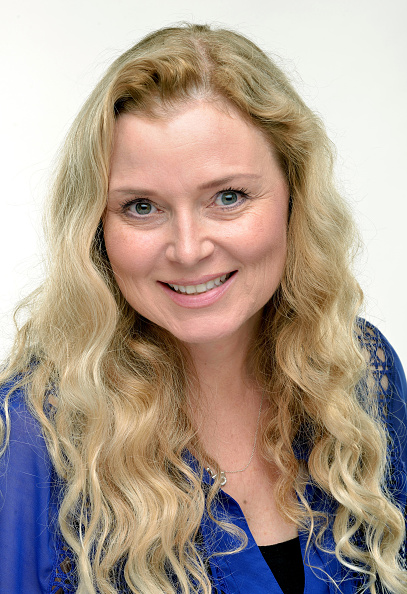When questioned by a judge, the chatbot’s output was less reliable than that of an expert witness who used it
Technology
When queried by judge, chatbot had less faith in its output than expert witness who used it
October 16, 2024, 2:24 pm CDT
When confronted with evidence that an expert witness used a chatbot to cross-check lost-value calculations, a judge in Saratoga County, New York, decided to query the source. (Photo illustration by Sara Wadford/ABA Journal)
When confronted with evidence that an expert witness used a chatbot to cross-check lost-value calculations, a judge in Saratoga County, New York, decided to query the source.
“Are your calculations reliable enough for use in court?” New York Judge Jonathan Schopf asked Microsoft Copilot, a generative artificial intelligence chatbot.
“When it comes to legal matters,” the chatbot replied, “any calculations or data need to meet strict standards. I can provide accurate info, but it should always be verified by experts and accompanied by professional evaluations before being used in court.”
Schopf also asked Microsoft Copilot to calculate the value of $250,000 invested in the Vanguard Balanced Index Fund from Dec. 31, 2004, through Jan. 31, 2021. He posed the question on three different computers and got three different answers: $949,070, $948,209 and $951,000.
Ars Technica covered Schopf’s Oct. 10 decision.
Schopf “found that Copilot had less faith in its outputs than [the expert witness] seemingly did,” Ars Technica concluded.
The expert testified for a trust beneficiary who said a Bahamas rental property should have been sold as an estate asset in 2004, rather than by the trustee in January 2022. The beneficiary’s aunt was the trustee during that time. She would travel to the property for both maintenance and vacation purposes. In 2022, the property sold for $485,000. After operating losses, $323,721 was recouped. The son had contended that he could have invested the sales proceeds if the property had been sold earlier.
Citing inherent unreliability issues surrounding AI, Schopf concluded that lawyers have a duty to disclose its use and the evidence that it generated. The judge said that the son had not proven that his aunt had breached fiduciary duty. And if she had breached her duties, the son failed to prove damages, the judge said.
Ars Technica spoke with Eric Goldman, an internet law expert, who told the publication that attorneys retain expert witnesses for their specialized expertise.
“It doesn’t make any sense for an expert witness to essentially outsource that expertise to generative AI,” Goldman said.
The case is Matter of Weber.






